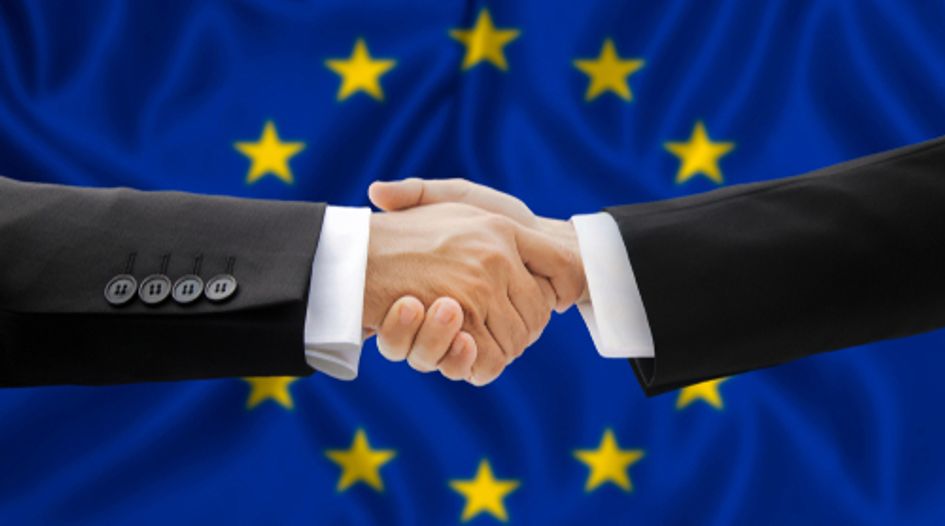The European Commission still needs to build up sufficient trust with some agencies in other jurisdictions if it is to collaborate with them in cross-border cartel investigations, an EU official has said.
When the commission shares information with other agencies, it needs to know that they will return the favour, otherwise the partnership is not profitable for the commission, said Tobias Maass, deputy head of unit at the Directorate General for Competition.
He did not name which, if any, competition authorities he considers to be trustworthy in that sense or not, but did cite the EU’s cooperation agreement with Switzerland’s Competition Commission as one that benefits both agencies.
Speaking at the American Bar Association’s International Cartel Conference in Barcelona yesterday, Maass said waiting for agencies in multiple jurisdictions that are conducting parallel covert probes to get their resources together and jointly conduct dawn raids is a “nightmare”.
At a certain point, the commission has to stop expanding its collaboration and carry out inspections, or nothing will get done, he said.
The commission’s general strategy is to collaborate narrowly with enforcers and then expand that collaboration when needed, he added.
Maass also expressed optimism that Brussels and London will be able to strike a post-Brexit cooperation agreement on competition enforcement following the announcement by the UK government in April that talks were set to commence.
Many companies that are of interest to the commission are active in the UK and Switzerland, so cooperation with enforcers in those jurisdictions is natural, he said.
Speaking on the same panel, David Chu, the assistant chief of the US Department of Justice’s Antitrust Division office in New York, stressed that respect is key to frictionless cooperation, especially when agencies are trying to conduct parallel covert probes.
When agencies formally initiate a probe and openly investigate a company, it can make it harder for other enforcers conducting parallel investigations, he said. Progressing a covert investigation has many advantages, including moving it forward at “lightspeed”, for example, thanks to secret recordings of cartel meetings and real-time electronic communications, Chu said.
But the DOJ doesn’t tell anyone what to do, and it expects others to do the same, he said. What matters is that agencies are “kept in the loop” on any decision to go public with a probe, he added, noting that the DOJ of course understands that different jurisdictions have different priorities and timelines.

